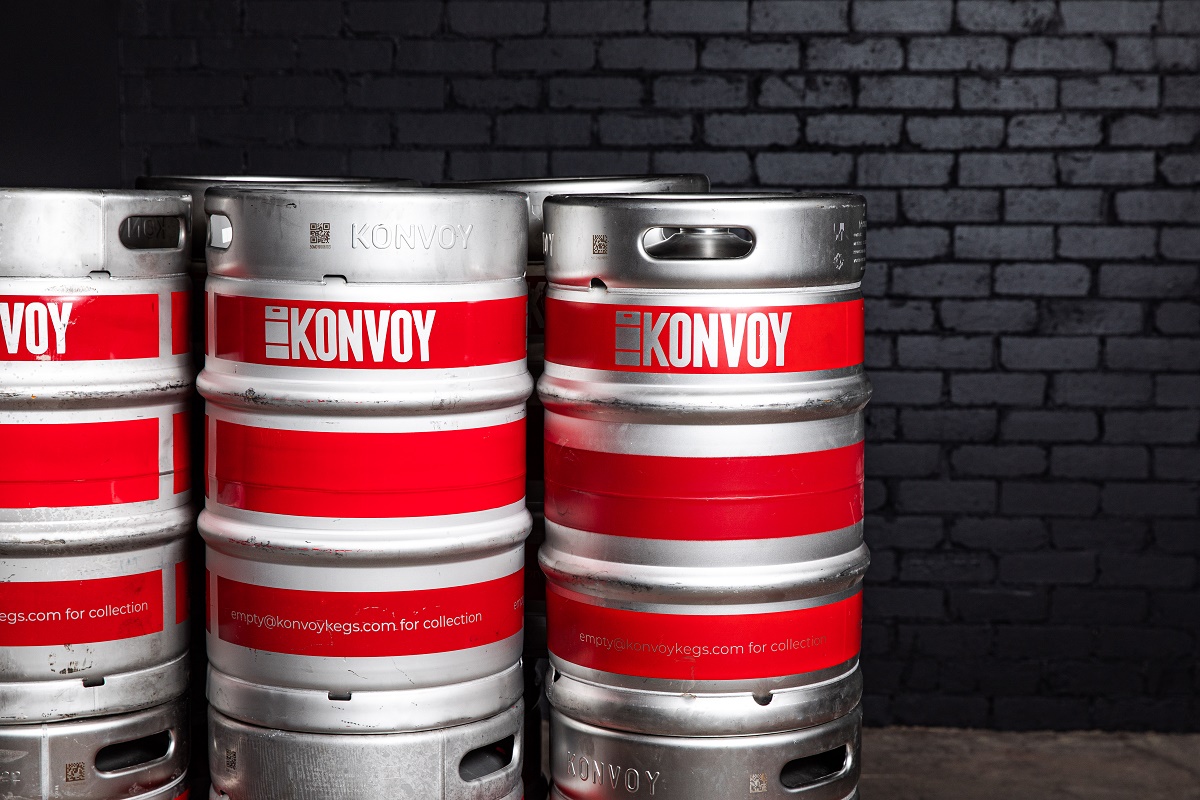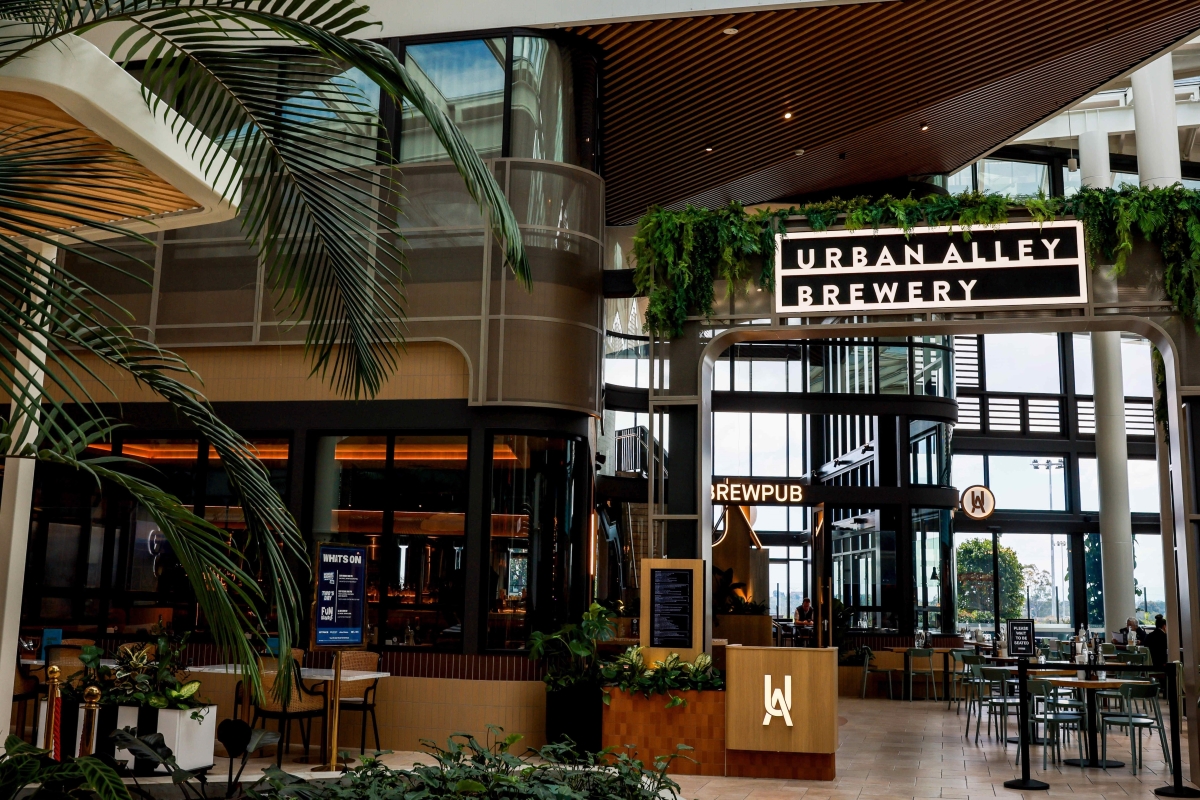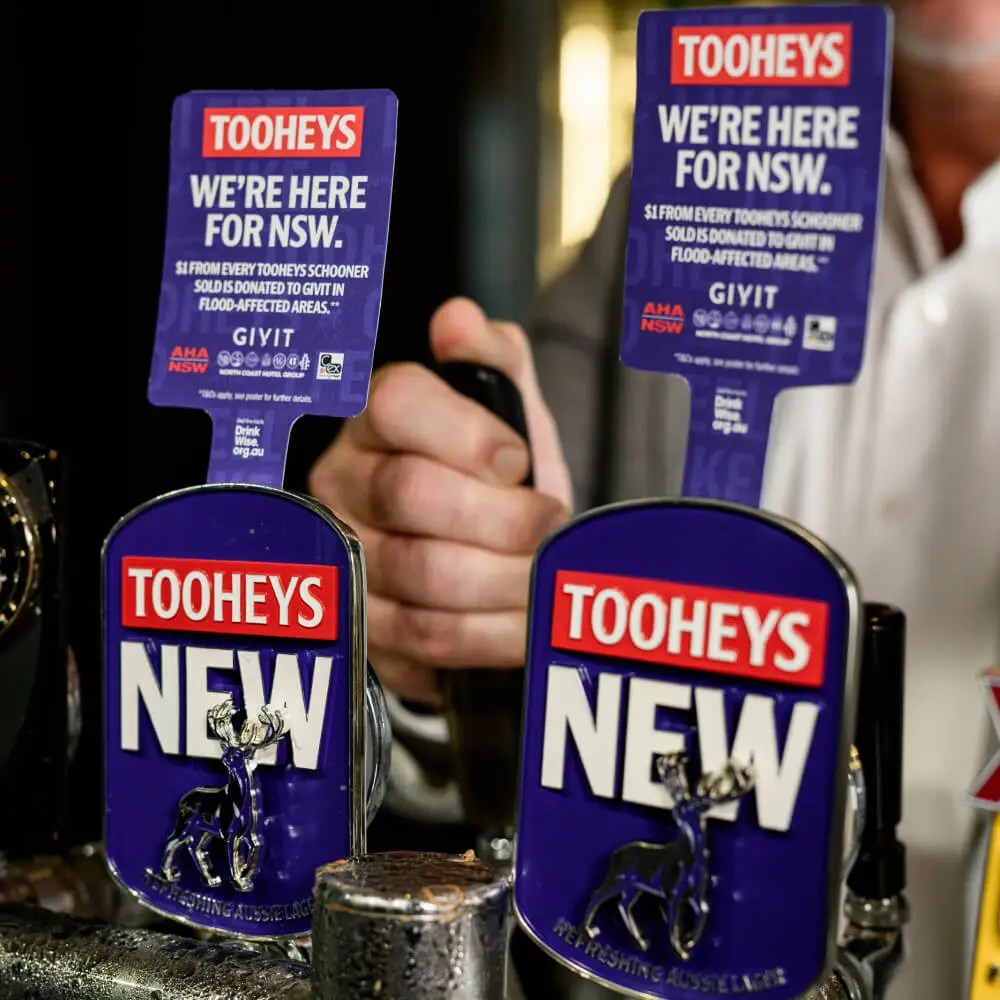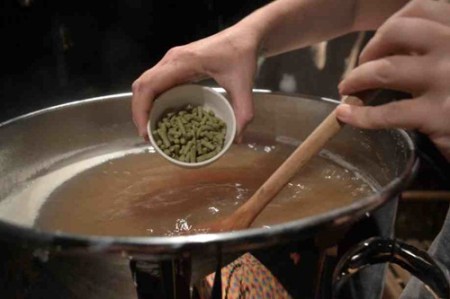
Welcome to our second Homebrew Week of the year, where we will be uploading a story about homebrewing each day this before sending out a dedicated e-newsletter collating all the stories on Friday.
Our last Homebrew Week featured advice for the budding homebrewer looking to get started and this week, we will be speaking to some of Australia’s most famous homebrewing legends. Today, we’re going to look at another important part of the homebrew lifestyle: homebrewing clubs. So why are homebrew clubs so important for homebrewers of all levels?
“Homebrew clubs and gatherings have played a big part in bringing homebrewers together and sharing knowledge, tips and advice,” says Gus Kingston, president of South Australian Brew Club. “Many homebrewers who finally get around to joining a club like ours are always surprised that they learn new ideas and leave with a boost of new inspiration. A number of SA home brewers and members of our club have ‘gone pro’, showing it can be done. Brew Boys, Left Barrel Brewing, Rehn, Big Shed Brewing, Western Ridge and Vale Brewing to name a few.”
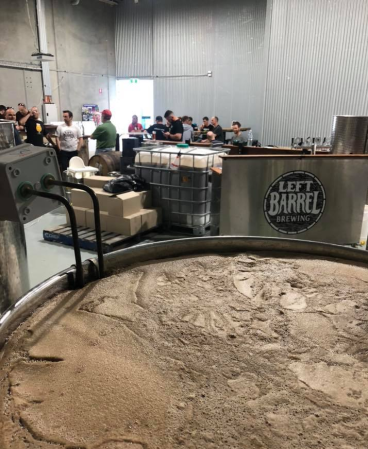
at Left Barrel Brewing
Brewing is perhaps one of the most collaborative industries in the world, with professional businesses always keen to share advice and help out their fellow brewers – whether through words and deeds or equipment and ingredients. Within the homebrewing community, that sense of camaraderie is even greater, and for anyone who has slaved away on a batch of beer on their own, there are few better places to take it for feedback, encouragement and tips for improvement next time they try it.
“The biggest thing is actually trying a beer and asking about it,” says Fergus McGregor, president of Westgate Brewers. “I don’t always take my best beers along. It’s good to take one that’s not quite right and get actual feedback, especially from some of our internationally recognised BJCP judges.
“You can post photos all over the internet. You can say all my mates love my beer, you can put a picture of your fermentation on the internet and ask ‘Is that normal?’, but people who actually know asking you what you did and telling you their experience and then tasting it. You cannot get that online.”
As well as creating a support network of friends and experts, clubs also provide homebrewers with a greater access to expertise, equipment and enterprise than simply doing it solo. The links between pro brewers and homebrewers are strong across the nation – after all, plenty of Australia’s most well-known breweries were founded by homebrewers – and this means that opportunities to learn and improve one’s skills abound, not to mention the chance to make something extra special.
“They are great for sharing ideas and methods (and beers) and help people improve their beers and share their hobby,” says Jeremy Dooley, president of Tasmanian State Home Brew Competitions. “We also do collaboration brews (e.g. for barrel-aged beers) where we all brew a batch then transfer it to a barrel for ageing. Recently we have done RIS and are just about to do a couple of Flanders Red Ale barrels.”

While we have focused on the collaborative side of homebrew clubs, there’s also of course a fun competitive side. Competitions both within and between clubs take place across the country and throughout the year, offering homebrewers a chance to pit themselves against their peers and gain some local bragging rights – something every Aussie can get behind.
“Personally, I also love the rivalry between some of the clubs,” says McGregor. “A good mate said to me that his club are like Richmond and we are like Collingwood (I’m the Pies supporter in this analogy) and he said he just loves the fact we love the game and the rivalry when we come up against each other at a competition. But it’s not all about competition. When its club day for Westgate, it’s about a BBQ, a few beers and some camaraderie amongst like-minded men and woman, who brew.”
Of course, just as craft brewing and homebrewing are rife across Australia, the country has also produced an array of craft cider makers, which has led to and is supported by a thriving home cidermaking community. And where there are home cidermakers, there are home cidermaking clubs, offering the same support as homebrew clubs.
“We have seen a real growth in the interest in home cidermaking, particularly in our part of Tasmania where apple orchards abound and it isn’t uncommon for people to have a tree or three in their backyard,” says Matthew Tack of Huon Valley Home Cider Makers. “I feel that just as a lot of craft brewers came from home brewing where they learned that they could make things far tastier and interesting than what was available commercially, there will be home cider makers who realise the exact same thing and perhaps take their passion further.”
Homebrew clubs are a great way for all homebrewers, regardless of experience, to meet like-minded people, compare notes and recipes, and generally improve their understanding of and expertise in the art of brewing. So what are you waiting for?




